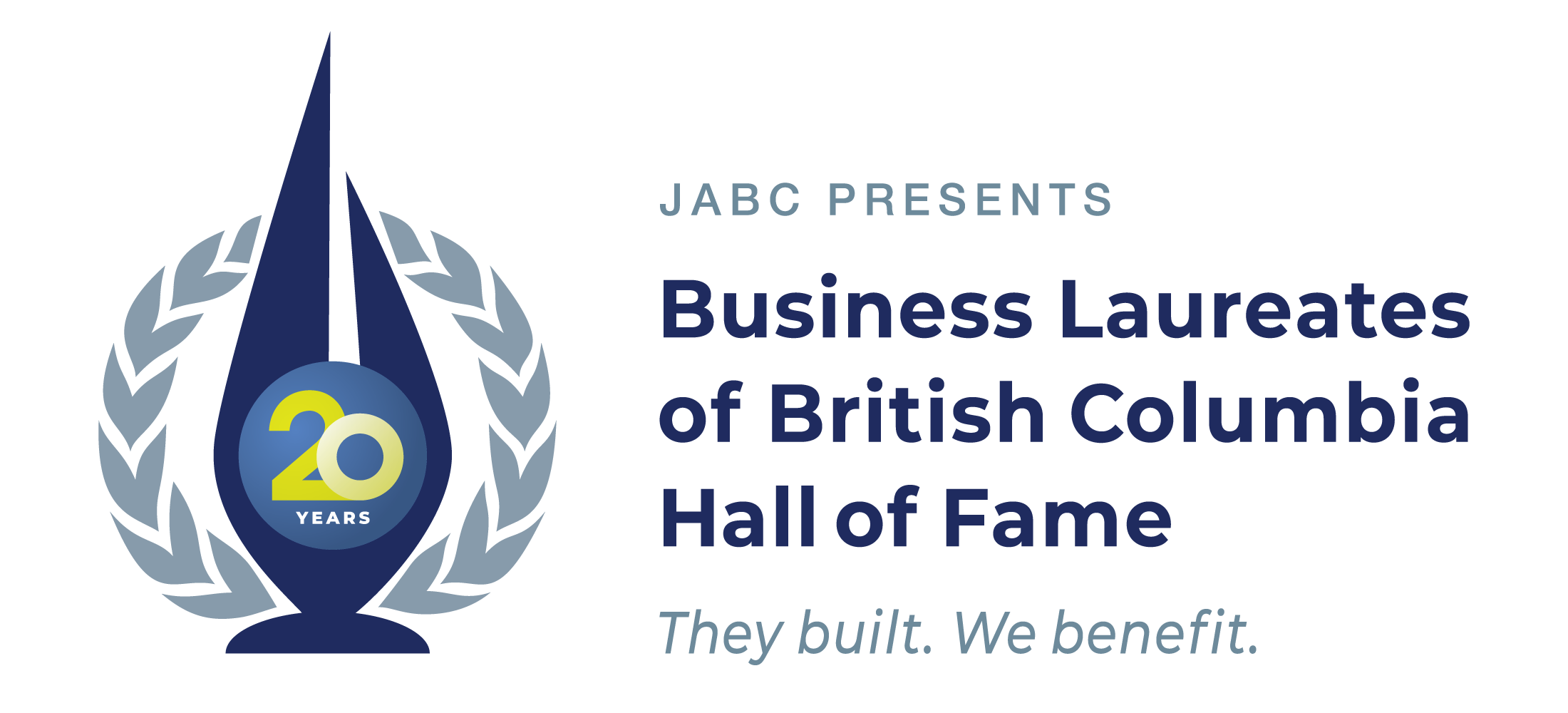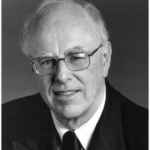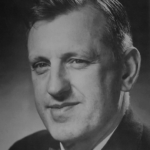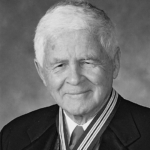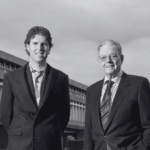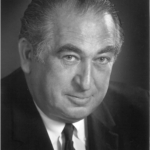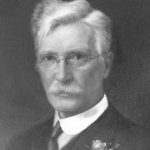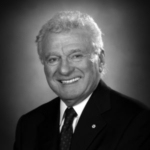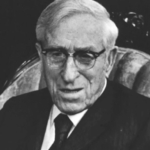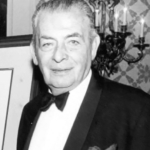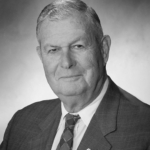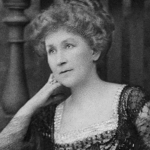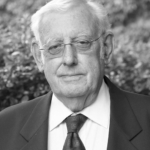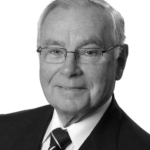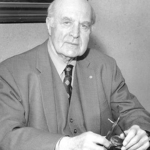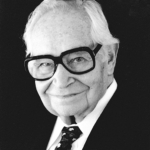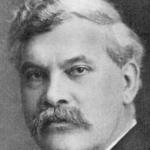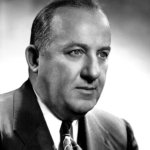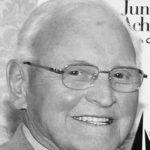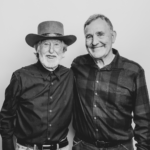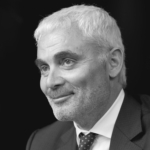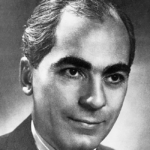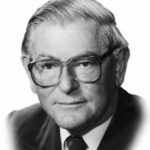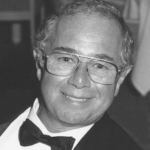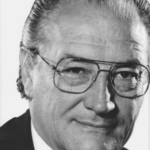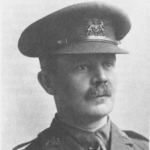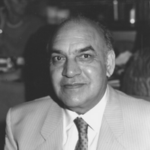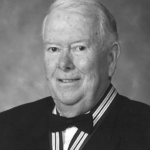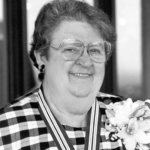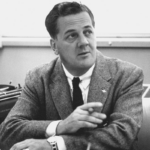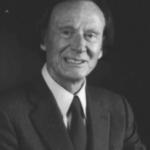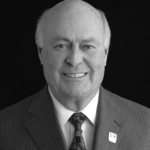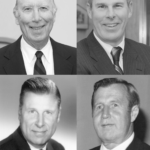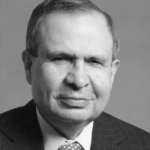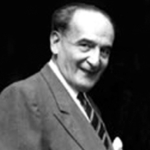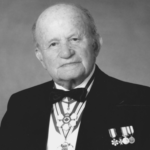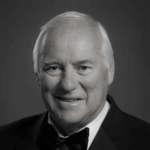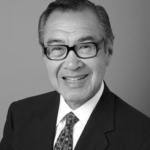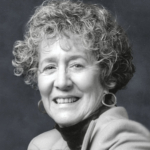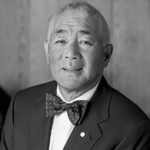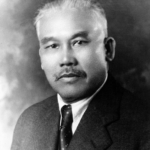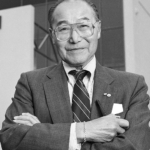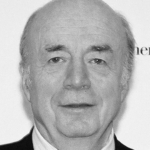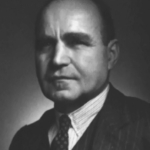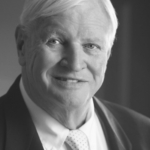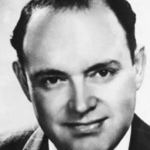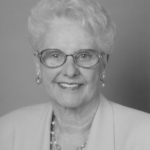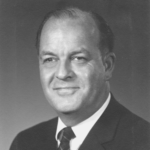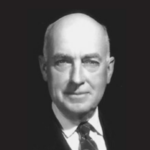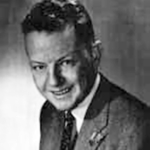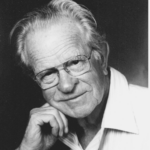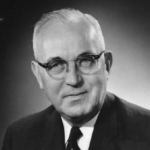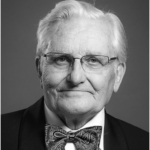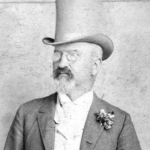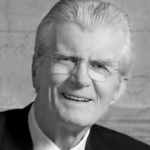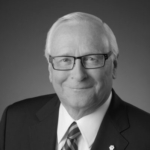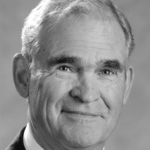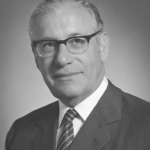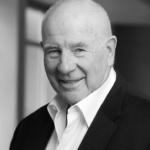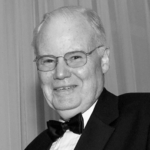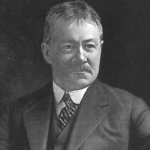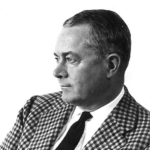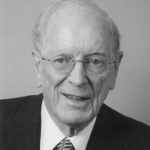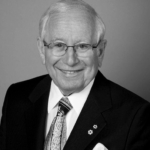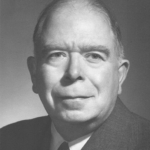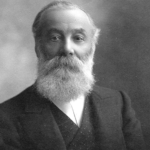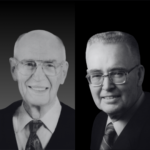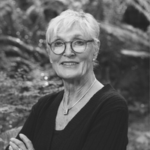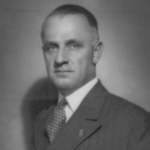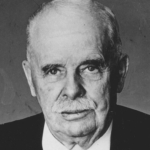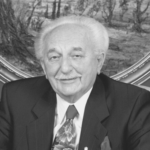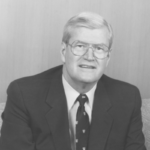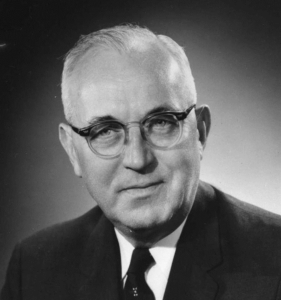Richard Nelson was born in northern Norway to a family of fishermen and farmers. Around the 1890s the cod fishery collapsed, creating financial hardship in the region. The Nelson family immigrated to Canada and arrived in British Columbia in 1910, settling in the Sunbury area of Delta on the shores of the Fraser River.
Mr Nelson (Ritchie) was drawn to the Fraser River from the outset. Beginning with net repairs, he quickly gravitated to fishing. At age 14, using a makeshift net and an old rowboat he had repaired, he started gillnetting on the river. He and his brother Ralph spent summers gillnetting salmon in and around the river while Ritchie attended school the rest of the year.
After studying Business at Pacific Lutheran College in Everett, Washington, Ritchie scanned the coast for opportunities. He was drawn by fish buying¾the ability to make a cent or two per pound between buying and selling.
By 1920 Richie and brother Norman owned and operated two packing vessels, buying troll salmon on the West Coast of Vancouver Island, and packing and selling them in Seattle. The operation soon moved ashore, as fish-buying stations were established in Bamfield and Kyuquot on the West Coast. This was the real beginning of Nelson Bros Fisheries Ltd.
Ritchie and Evelyn Kellie, a Sunbury school teacher, were married in 1927, a union that lasted 55 years and yielded three children. Sons Richard and William pursued careers in the family business, while daughter June Goldsmith forged a successful musical career.
By the early 1930s Nelson Bros had added a pilchard processing plant on the West Coast and four seine boats. The business was growing, with Ritchie serving as President and business manager, while Norman focused on the fishing grounds. A Howe Street office was established. Ritchie was seen by his contemporaries as a business man with uncanny intuition and instinct. This knack proved invaluable in an industry notorious for its variability and uncertainty.
By the 1950s the Nelson Bros fleet, including company-owned vessels and those owned by independent fishermen, numbered about 1,000. Approximately 3,000 fishermen operated these boats. A fleet of packing vessels transported the catch of salmon, herring, pilchards, and other species to the company’s major processing plants on the Fraser River, in Port Edward (near Prince Rupert), and in Bristol Bay, Alaska. The “Paramount” label was established to differentiate and value-add Nelson Bros’ canned salmon in the Canadian market.
Amongst the Nelson Bros corps of fishermen were many First Nations harvesters, whose fishing acumen was obvious to Ritchie. His support for First Nations fishermen¾both appointing Natives to skipper company boats and provision of financial support to independent Indian fishermen¾earned him an honorary Chief distinction by the Tlingit Nation of Alaska: Chief Big Fin.
While steering Nelson Bros, Ritchie also contributed to resource conservation, acting as Commissioner on both the International Pacific Halibut Commission and the International Pacific Salmon Commission. His substantial community involvement included serving on the Boards of the Royal Columbian Hospital in New Westminster, the Pacific National Exhibition, and the New Westminster Police Department. He was also highly active in the Shriners of North America, an organization providing free medical care for needy children.
Nelson Bros was acquired by British Columbia Packers Ltd, and in 1969 the personnel and assets of the two companies were merged. Ritchie withdrew from active management involvement, but remained a trusted advisor to the business until his death in 1983.
In addition to business and community work, Ritchie was an avid outdoorsman and a devoted family man. He made a mark on countless fishermen, plant workers, family, friends, and all who crossed his path. His boundless energy and engaging personality helped make him the industry icon he became.
